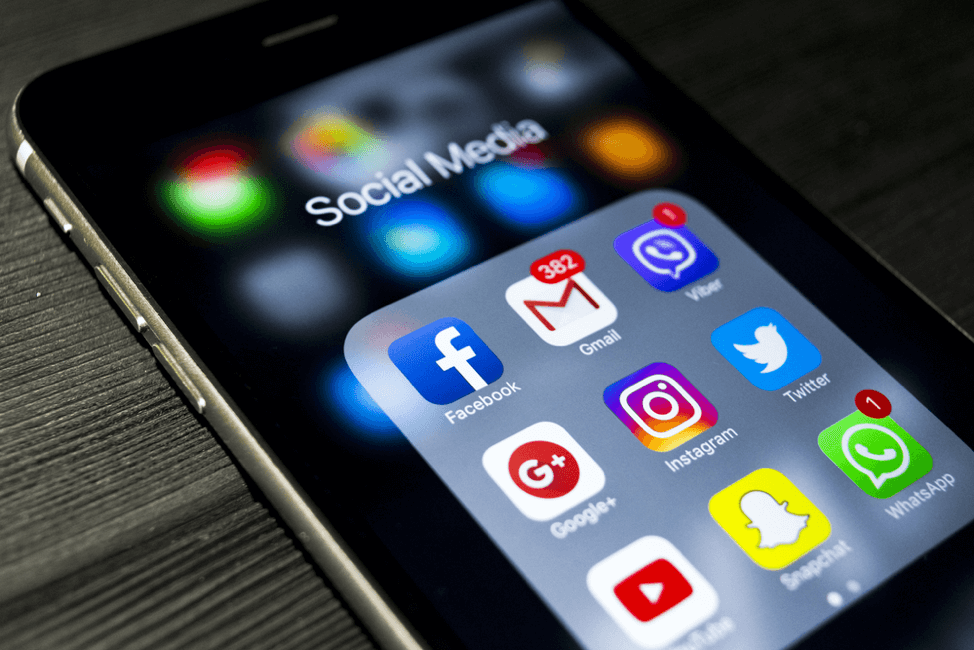Contents
In the digital age, the wave of mobile-centricity has been significant. Brands and businesses are adapting to these changes, understanding that consumers today operate largely from their smartphones.
There’s a growing need for personal touchpoints and mobile apps have emerged as that bridge, connecting brands to their customers in the most intimate and immediate way.
Smartphones have become a daily essential for millions. Their omnipresence has urged brands to tap into this platform, offering services and experiences tailored for the mobile user.
Customized Experience
Brands have always looked for ways to offer unique, tailored experiences to their customers. With the growth of technology, the opportunities to do so have only expanded. Through mobile apps, brands can deliver a nuanced and custom-made experience, making each user feel valued and understood.
Personalized Content Delivery
The use of AI and machine learning in apps ensures users receive content that aligns with their preferences and past behavior. Whether it’s a personalized playlist or a curated shopping list, apps curate a user-centric experience.
Data Driven Decision Making
In the vast digital landscape, data is the new gold. Every tap, swipe, and click is a piece of information that can be used to enhance user experience. Brands understand this and have utilized mobile apps as a data collection tool, offering insights that would be hard to garner otherwise.
Analyzing User Behavior
These apps collect data on user preferences and behaviors, allowing businesses to tailor their offerings to individual needs. For instance, the Ontario BetMGM casino app can analyze a player’s gaming patterns and offer customized game recommendations.
Seamless User Interface (UI)
A smooth user experience can make or break an app. Brands invest significantly in ensuring their apps have intuitive, user-friendly interfaces that cater to both the tech-savvy and the newcomers. This commitment to seamless UI enhances customer loyalty and encourages more prolonged app usage.
Importance of Intuitive Design
A well-designed app is not just about aesthetics; it’s about functionality and how easily a user can navigate, resulting in positive interactions and brand associations.
Direct Channel of Communication
In an era where consumers are inundated with marketing messages, direct communication is invaluable. Mobile apps provide brands with a direct line to their customers, facilitating real-time feedback, updates, and interactions.
Push Notifications and Alerts
Instant notifications allow brands to keep users updated with the latest offers, news, or updates, ensuring they’re always in the loop.
Enhancing Brand Loyalty

In today’s competitive market, retaining customers is as crucial as acquiring new ones. Mobile apps provide an avenue for brands to foster deeper relationships with their clientele, thereby increasing loyalty and repeat business.
Loyalty Programs and Rewards
Integrating loyalty programs within apps encourages repeat purchases and offers a tangible way to thank customers for their continued patronage.
Increase in Sales and Revenue
Mobile apps have shown a direct correlation with increased sales for many brands. With easier access, personalized experiences, and direct communication, consumers are more inclined to make purchases through brand-specific apps.
Mobile-Exclusive Deals
Offering exclusive deals or discounts to app users incentivizes downloads and frequent usage, leading to a boost in sales.
Real-time Feedback and Reviews
Feedback is pivotal for growth and improvement. Mobile apps give brands the advantage of real-time feedback, enabling them to adapt quickly to their consumers’ needs and preferences.
On-the-Spot Customer Service
With in-app chats and feedback sections, brands can address grievances, answer queries, and ensure a positive user experience.
Integrating Advanced Technologies
Mobile apps provide a platform for brands to integrate advanced technologies like Augmented Reality (AR), Virtual Reality (VR), and chatbots, enhancing the user experience further.
Augmented Reality Shopping Experiences
Brands can utilize AR within their apps to offer users a “try-before-you-buy” experience, revolutionizing the way consumers shop.
Scalability and Evolution
The digital realm is ever-evolving, and brands need tools that can scale and adapt. Mobile apps offer this flexibility, ensuring brands remain relevant and continue to meet user expectations.
Continuous App Updates
Brands can continually refine and improve their apps based on user feedback and technological advancements, ensuring they remain at the forefront of digital innovation.
Concluding Thoughts

As we navigate deeper into the digital age, it’s clear that the relationship between brands and their customers is undergoing a transformative shift. Mobile apps stand at the forefront of this evolution, shaping the way businesses interact, engage, and cater to their audience.
The Future of Brand-Customer Engagement
The convergence of technology, data, and user-centric design within mobile apps paints a promising picture for the future. These platforms aren’t just about transactions; they’re about creating memorable, personalized experiences. They provide a conduit for brands to listen, adapt, and grow alongside their customers.
With their ability to offer unparalleled convenience, tailored content, and real-time engagement, mobile apps will undoubtedly continue to redefine the paradigms of customer service, loyalty, and brand engagement.
As businesses continue to innovate and invest in their digital strategies, one thing is clear: mobile apps are not just an advantage but a necessity in the contemporary market landscape. They are the cornerstone of a future where brands and consumers move in tandem, fostering relationships built on trust, convenience, and mutual growth.


Leave a Reply